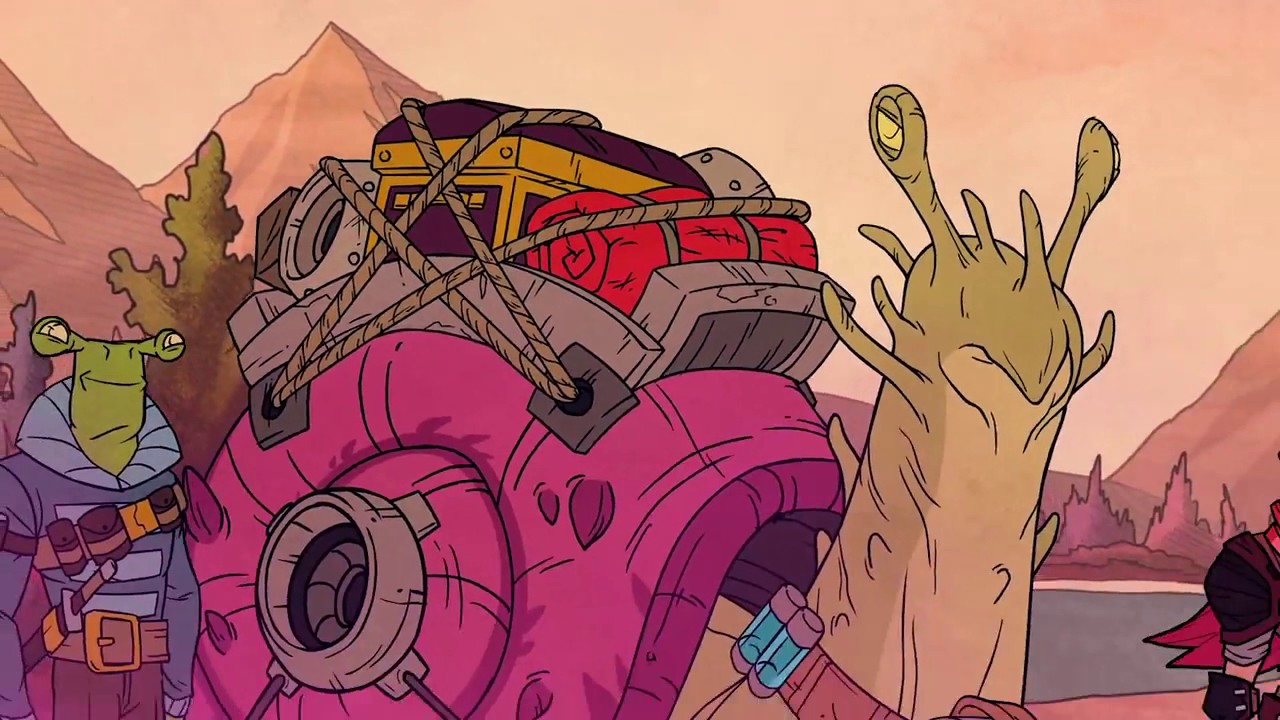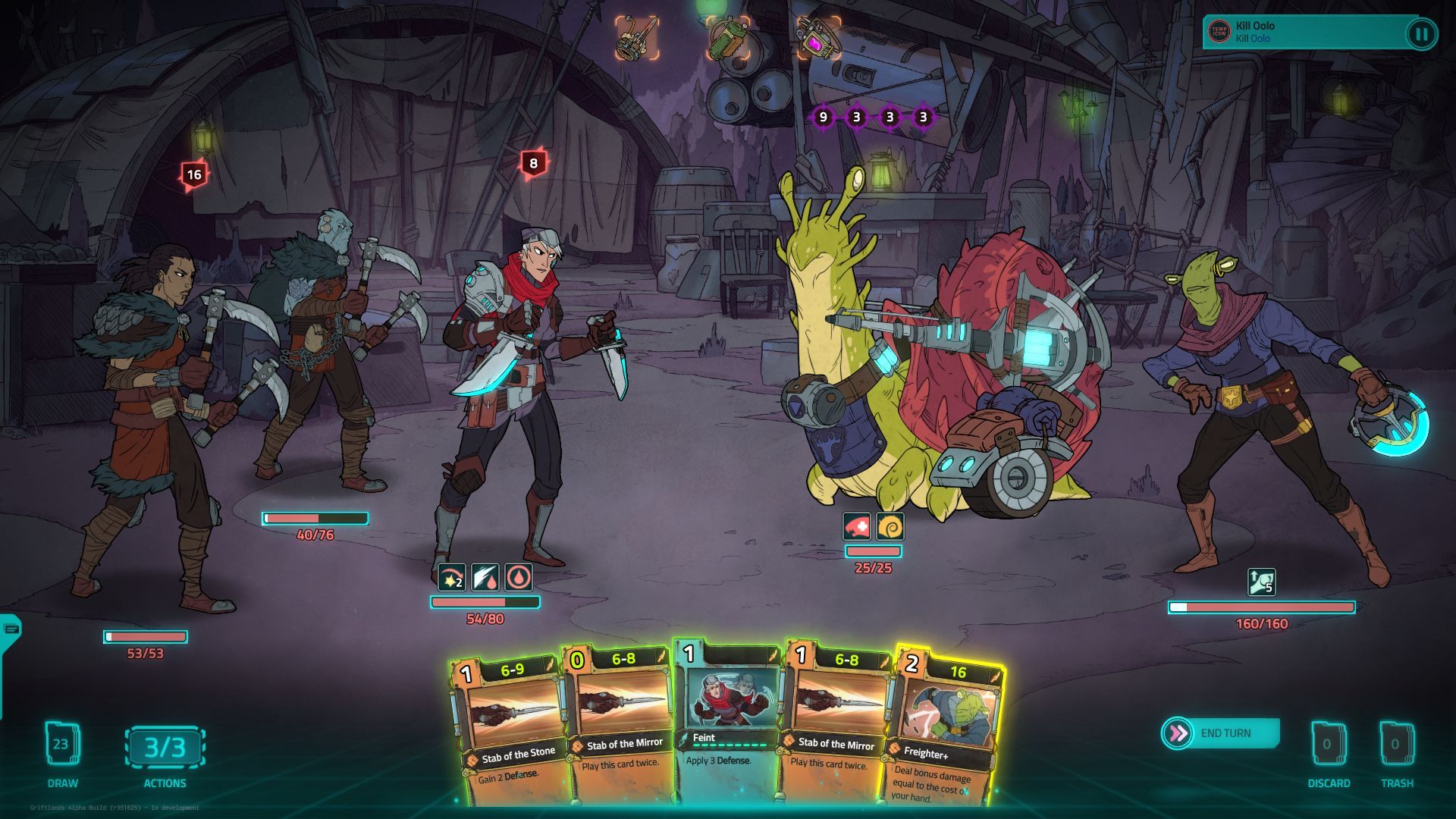

When entering a negotiation, you'll be given friendly arguments from any crew members, some of which will even be deployed to your opponent's side, often dealing damage to them once you destroy it. Certain arguments will have an Invulnerable modified, however, which can't be targeted or damaged. Some will provide the user with positive buffs every turn, while others can deal consistent damage to an opponent's arguments. They're essentially resources that can be attacked and defended just like the core resolve. This leaves my core resolve undamaged, though the unused fifth resolve point is lost when my turn begins.įor the purposes of attacking and defending, your core resolve is treated as an argument, which we'll discuss next.Īrguments can be played by you or your opponent, and they sit on the same ring as the core resolve. In the image below, you can see that my core resolve has 5 composure, while the enemy intends to do 4 damage. Composure isn't retained between turns, though, so use it or lose it!

Resolve can also be defended using Composure, which serves as armor or defence against attacks.
#GRIFTLANDS FULL#
You're resolve (and health) will be restored to full at the end of the day, at least on the default difficulty. this adds negative cards to your negotiation and battle decks, though, so use this method sparingly.You win the negotiation if you drop your opponent's core resolve to 0, but lose it if your core resolve runs out.īe careful, though - your resolve carries over between negotiations, so protecting your own resolve is usually more important than going on the offensive. Like most rules, there are exceptions to this, of course when negotiating for a better quest reward, your opponent's damage scales up quickly, so it's best to attack early and get out while you still can. You and your opponent have core resolve values - those are the large circular blue numbers next to the character portrait. Resolve is basically Griftlands' term for health when negotiating.


 0 kommentar(er)
0 kommentar(er)
